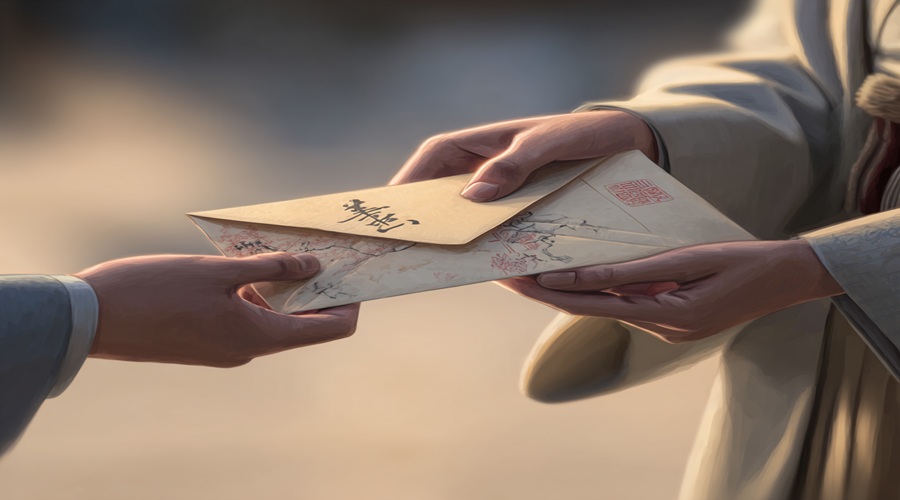
Monetary gift
Japanese Name:
ご祝儀
Romaji Name:
goshuugi
Description
↓↓
Goshūgi is a traditional Japanese term that refers to a monetary gift or cash donation given during significant life events and celebrations, such as weddings, birthdays, or other major milestones. The word “goshūgi” literally translates to “celebratory money,” with "go" being an honorific prefix, and "shūgi" meaning “celebration” or “congratulatory gift.”
History
↓↓
Goshūgi is a traditional Japanese custom of giving money as a gift for weddings and other celebratory occasions.
Its origins date back to the Heian period (8th–12th century), when nobles presented gifts to mark important life events.
During the Edo period (17th–19th century), the practice became more widespread, with formalized envelopes and etiquette.
Special decorative envelopes called shugi-bukuro are used to present the money, often with symbolic designs and knots.
Goshūgi serves to show respect, gratitude, and support to the recipient while strengthening social bonds.
Today, it remains an essential part of Japanese weddings and celebrations, reflecting tradition and cultural values.